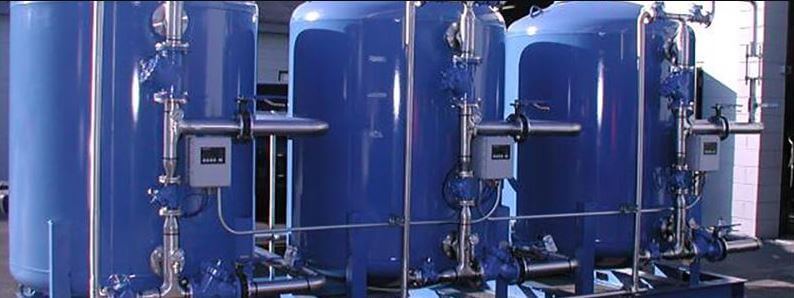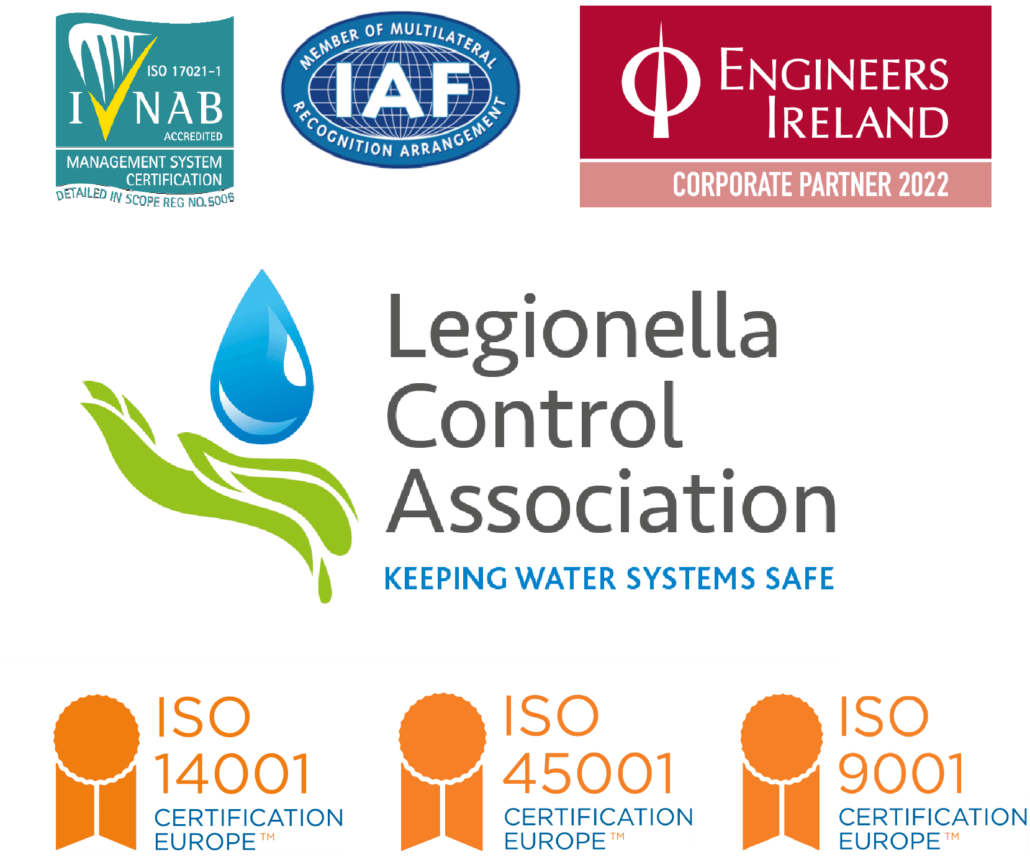Water treatment is essential in private and public water systems to protect public health and provide water that is safe for consumption and cost – effective to produce. However, most people don’t give much thought about what processes water must go through to make it safe and ensure it is free from contamination.
There are many steps that need to be taken to provide quality water, (more info can be found here https://www.aquachem.ie/blog-2/the-water-treatment-process/) with chemical treatment additives necessary for businesses (commercial, industrial and process environments), to provide safe water, improve productivity, optimise performance and reduce equipment life-cycle costs
The water treatment methods use four basic processes that include boiler water treatment, cooling water treatment, water purification and treatment of wastewater effluent, finding this interesting? Read more for some more water treatment facts you should know before drinking your next cup of water.
Softening, filtering, and purifying is not the same
While they may sound similar, they all do a very different job:
- Softening is used to treat that hard working-water. Water softeners eradicate iron and dissolved rock in your water.
- Filters can be likened to running water through a screen or something more easily identifiable, a coffee filter. The desired coffee comes out and into your mug, yet the unwanted particulate remains in the filter itself. Water filters will remove particulate visible to the naked eye as well as absorb bad odors and tastes.
- Purifying steps beyond filtering water in that it virtually removes up to 99.9% of all contaminants. This is the process that only leaves H2O molecules behind.
Liquid chemicals contain 50 – 85% water
Liquid chemicals remain the most popular choice of water treatment due them being cheaper than alternatives, while still producing results, but they are shown to have many disadvantages.
They are harder to handle and take up more storage space, but did you know the majority of the 25kg drum is water? Not only does liquid chemicals have health and safety risks, but you are essentially putting more water back through the system.
Scale build up is one of the most common issues in water treatment
There are many problems associated with industrial water treatments however scaling is one of the most common issues. It is nearly impossible to prevent the build up of scale in the equipment, but everything should be done to ensure the build up is kept to a minimum.
Scale deposits can cut operating efficiency, cause boiler damage and unscheduled boiler outages, and increase cleaning expense.
Most solid chemicals use 0% water in manufacturing
Not only are solid chemicals 100% solid, there is no wasted water in the manufacturing of them (the majority of chemicals)
Water samples need to be taken from different locations and tested for numerous bacteria not just legionella
Some people think that water sampling consists of 2 – 3 samples being tested for Legoinella, this is not the case. There are many harmful bacteria that could be hiding in your water including (but not limited to) Legionella, E-coli, Pseudomonas and Coliforms.
Depending on the size of your premises up to 60 samples could be taken as the water velocity and usage will vary in each part of the building and for accurate results all areas needs to be tested.

Solid chemicals are more beneficial to your business & the environment that liquid chemicals
As mentioned earlier on, when it comes to water waste, the water used to produce solid chemicals is significantly lower than that of liquid chemicals.
Liquid chemicals also take up more storage space, are difficult to move and transport and can be tricky to install, whereas the compact 5kg solid chemicals are easy to use and move around. Due to their size less transport is required which in turn reduces transport costs and energy consumption.
Solid chemicals are used via wall mounted dosing machines which means no floor space is used and they can be installed in hard-to-reach places.
Conclusion
Water treatment is necessary in everyday life to make sure quality water is being distributed throughout Ireland and the world. Advances in modern science are advancing and the ability to detect microorganisms and very low levels of harmful chemicals has led to advanced treatment technologies to remove health related contaminants that may be present – even in small amounts.
Want to talk more about water treatment – talk to us!








